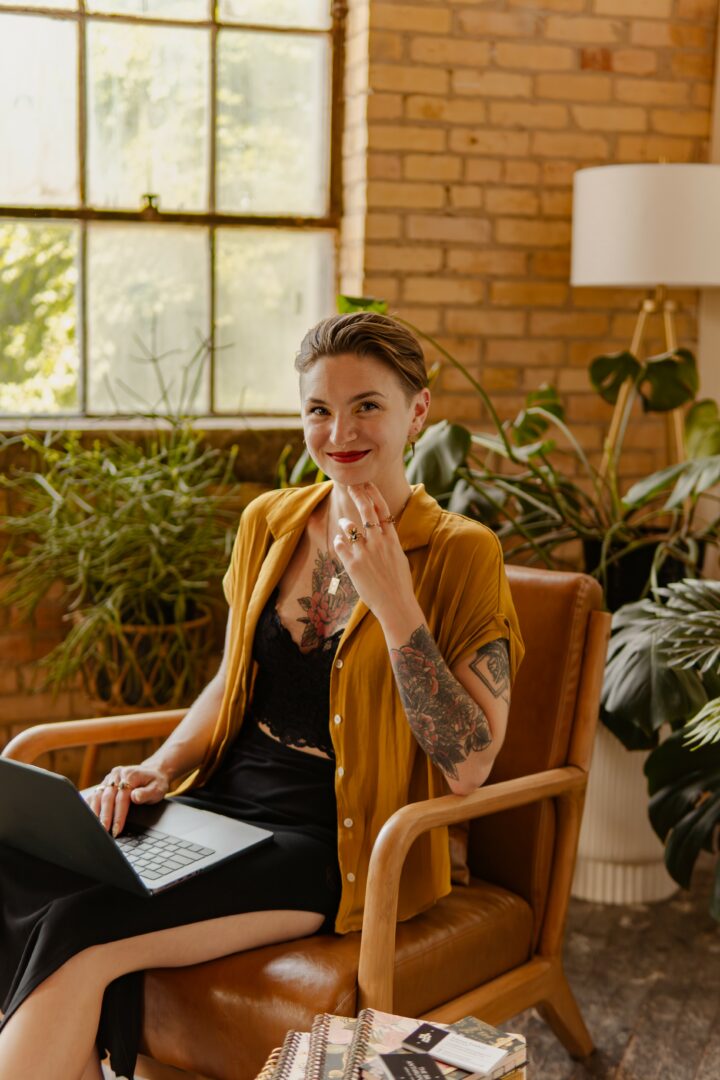We caught up with the brilliant and insightful Emma Tuthill a few weeks ago and have shared our conversation below.
Hi Emma, thank you so much for opening up with us about some important, but sometimes personal topics. One that really matters to us is overcoming Imposter Syndrome because we’ve seen how so many people are held back in life because of this and so we’d really appreciate hearing about how you overcame Imposter Syndrome.
I think this is a great question, and I’m excited to answer it because I haven’t overcome imposter syndrome at all. And the more people I openly share this with, the more I learn how many folks – including those who have met so many external benchmarks for success – are still actively dealing with imposter syndrome, too.
It feels like a helpful reminder that there’s no such thing as “making it” outside of what significance we choose to assign to that word. Which can be a scary premise because it means there isn’t necessarily a point at which insecurity and doubt naturally go away. But it also means we have so much freedom in defining a successful career – and a successful life – for ourselves. I think that’s a gift.
I also try my best to “do it scared.” I wish I knew where that concept originated, so I could credit the source. But it’s an idea that resonates with me deeply. So many of the important steps I’ve taken in my life and in my career have been, well, terrifying and intimidating. And I took them anyway because that fear was going to be there, whether or not I took the risk. I have so many more regrets about <i>not</i> trying a thing, than regrets about trying and failing.
Thanks for sharing that. So, before we get any further into our conversation, can you tell our readers a bit about yourself and what you’re working on?
Right now, I would primarily describe myself as a designer, and my creative energy is focused on my business, The Brand Anthropologist. I genuinely love the work I do, and that’s thanks to my clients. I’ve been lucky to work with some incredible human beings – primarily therapists, but also other holistic service providers and creatives. They’re seriously the best people, and I wouldn’t be able to create such fun work without their unique visions!
When you’re employed as a creative, I also think it’s important to have another outlet for your creative energy – especially one that is just for you as both the creator and audience, simultaneously. That outlet is fluid for me and always shifting, which I’ve learned to embrace. In the past, it was sewing. I actually started my design trajectory pursuing a fashion degree. But, lately, that outlet has been writing poetry.
I design for therapists, so I often talk about my own experience in therapy. And my therapist and I recently discussed my writing and how it’s been a resource throughout my life – a way to have a voice when literally speaking my truth felt too intimidating. The way I write has evolved over time, and poetry is a very new experiment that began by accident during an emotionally-challenging period of my life.
I’m currently working on a poetry collection that may or may not ever be published – and that’s okay! The process of writing has been such an important and intuitive way for me to process my inner world, I almost can’t remember a time without it.
Looking back, what do you think were the three qualities, skills, or areas of knowledge that were most impactful in your journey? What advice do you have for folks who are early in their journey in terms of how they can best develop or improve on these?
I want to start my answer by saying earnestness, which I’ll tie back to our first question! Having genuine, transparent conversations with other designers – and my clients – has never been the wrong choice. It’s taught me that so many of us are just figuring it out as we go along, which isn’t a bad thing; it’s the reality of being human, each of us doing our best to create the lives we dream of for ourselves. What a relief to be able to acknowledge that experience together. Having this policy of transparency with my clients also means I’m honest when I’m really, embarrassingly excited about working on a project together. If I want to work with someone, I’ll tell them!
On the flipside, this approach also means a willingness to be wrong and to admit when I’ve made a mistake or when client feedback genuinely makes a design better in ways I couldn’t have previously visualized! This willingness to be wrong – and a willingness to fail entirely – has been essential, too. Mistakes can lead to shame spirals, or they can be a learning opportunity. I really believe that embracing them as a part of the process can be an antidote to the limitations we place on ourselves by internalizing perfectionism.
Last, but not least, I think it’s important to be open to learning new skills, perspectives, and approaches to your work, especially from others in your field, rather than viewing them as competition. Let’s collaborate. (That’s an earnest invitation!)
Who is your ideal client or what sort of characteristics would make someone an ideal client for you?
Oh, this is a great question. I say this on my website as well, but it’s true. My ideal client is someone who says to me at the beginning of our work, “I don’t know how or if all my design inspiration connects.” Or someone who even openly worries that their inspiration might be chaotic or impossible to interpret. It never is! There are always connecting threads, and I love working with clients who love a lot of different things.
Anyone who embraces their weird, their quirky, their neurodivergence – those are my people, too. So often, we’re encouraged to focus on being palatable or professional, especially starting off in a new role or business. But in reality, that kind of performance flattens both our capacity to do unique work and ultimately makes us less marketable. I genuinely believe that real, human connection is so much more effective. I’m still unlearning this kind of performance – and working on showing up as my full self in my business and online spaces – and I love helping my clients do the same.
Contact Info:
- Website: https://www.thebrandanthropologist.com/
- Instagram: https://www.instagram.com/thebrandanthropologist/
- Other: https://www.pinterest.com/TheBrandAnthropologist/
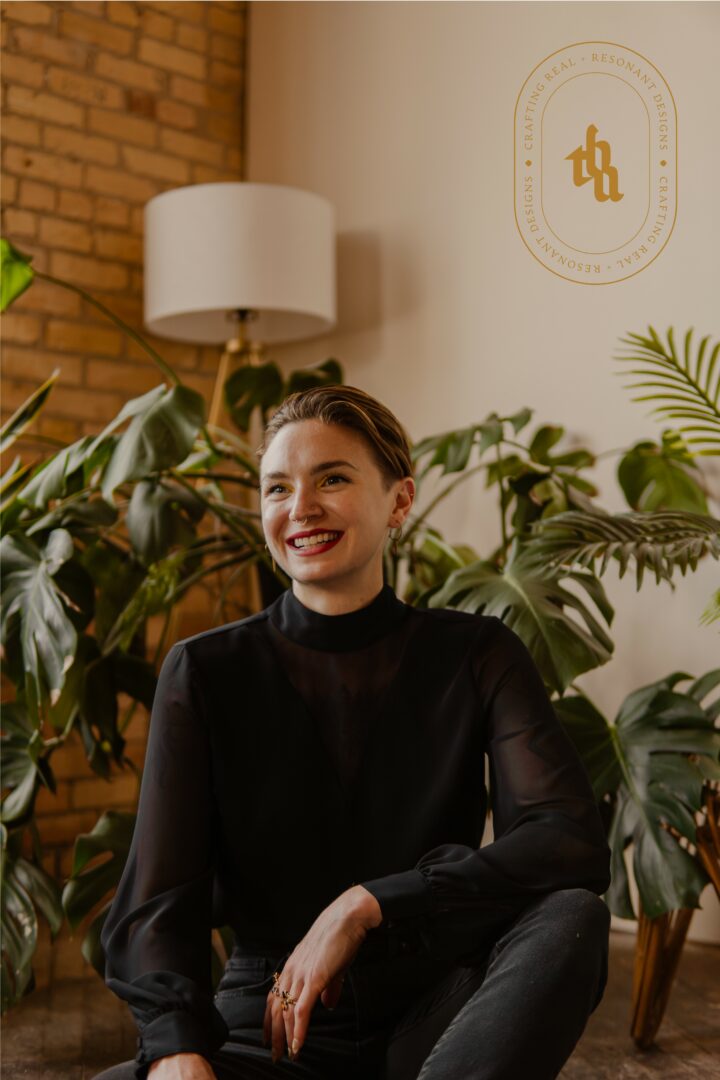
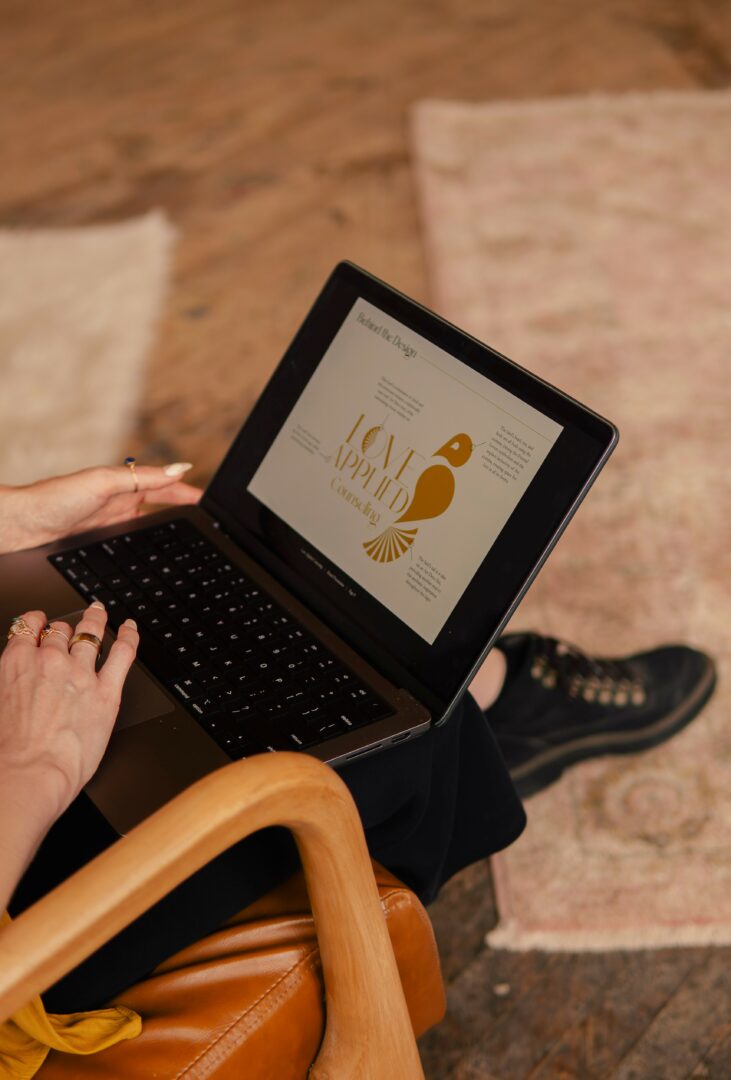
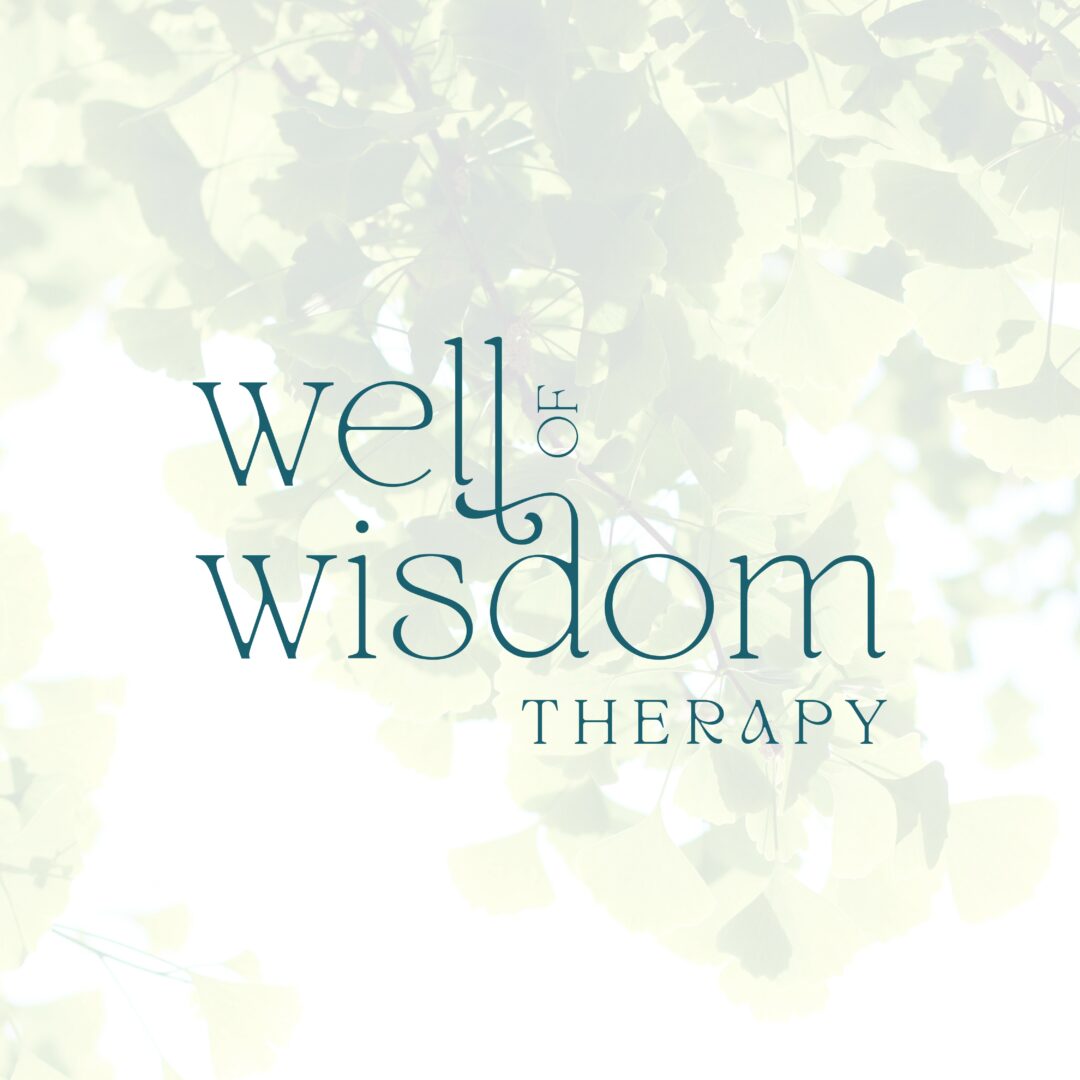
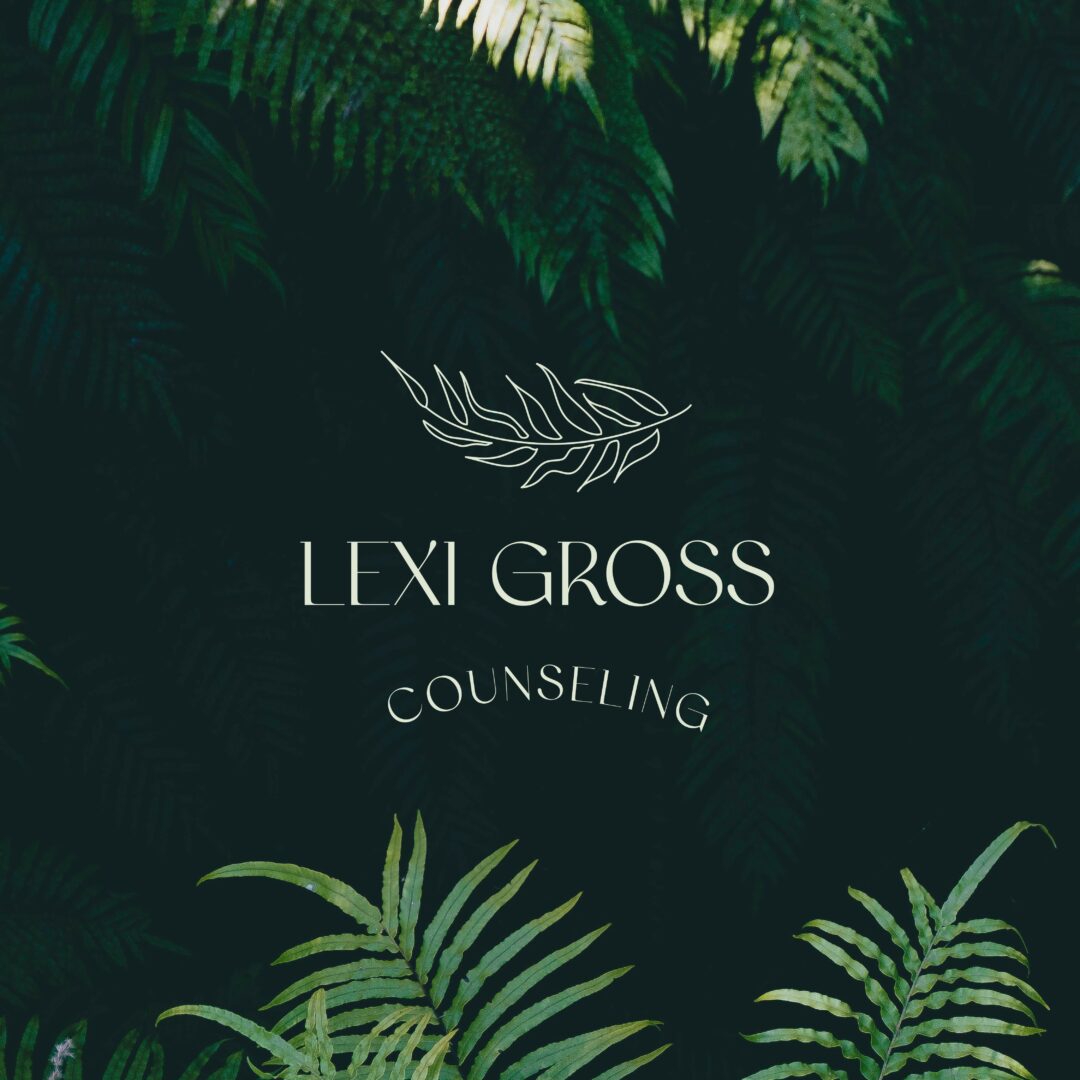
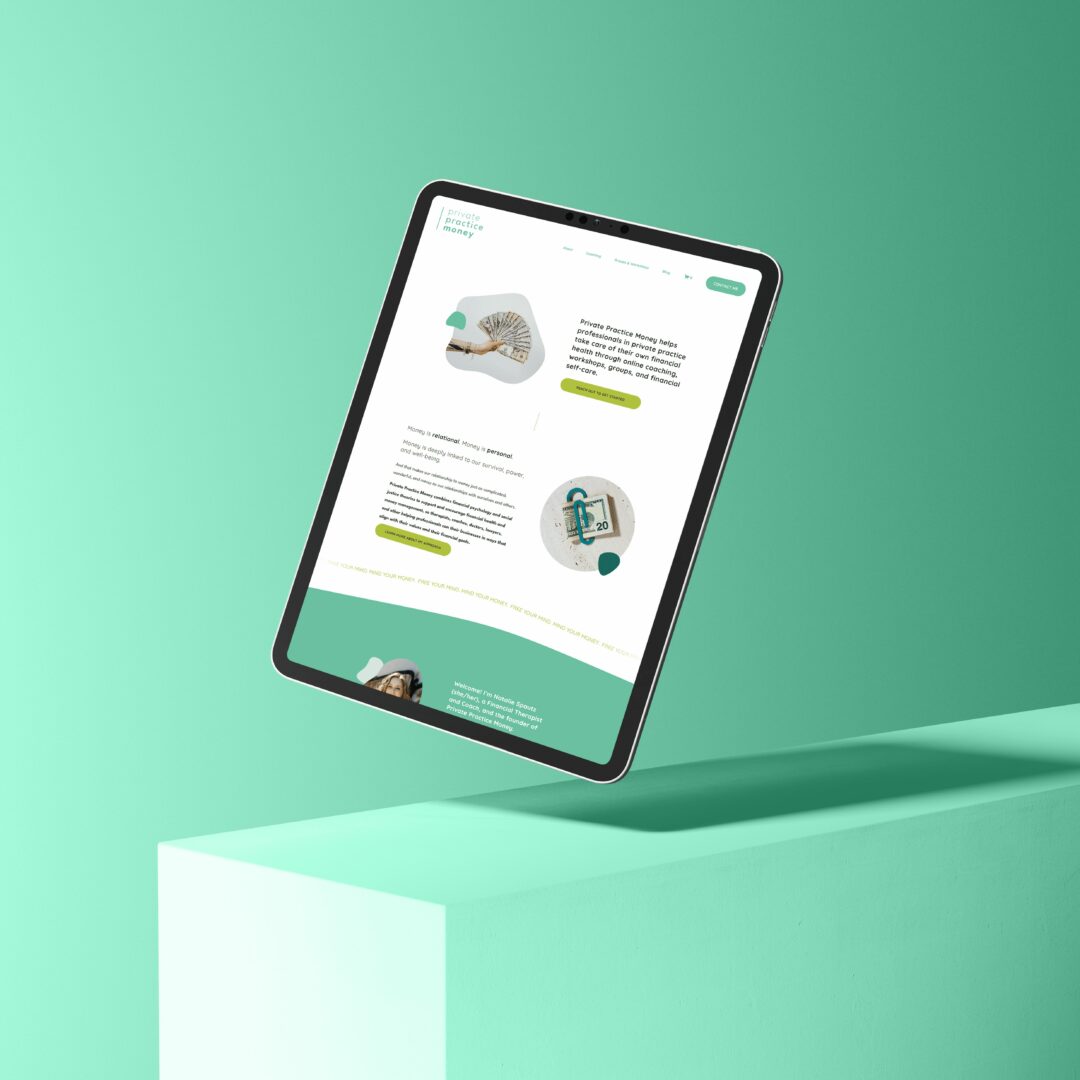
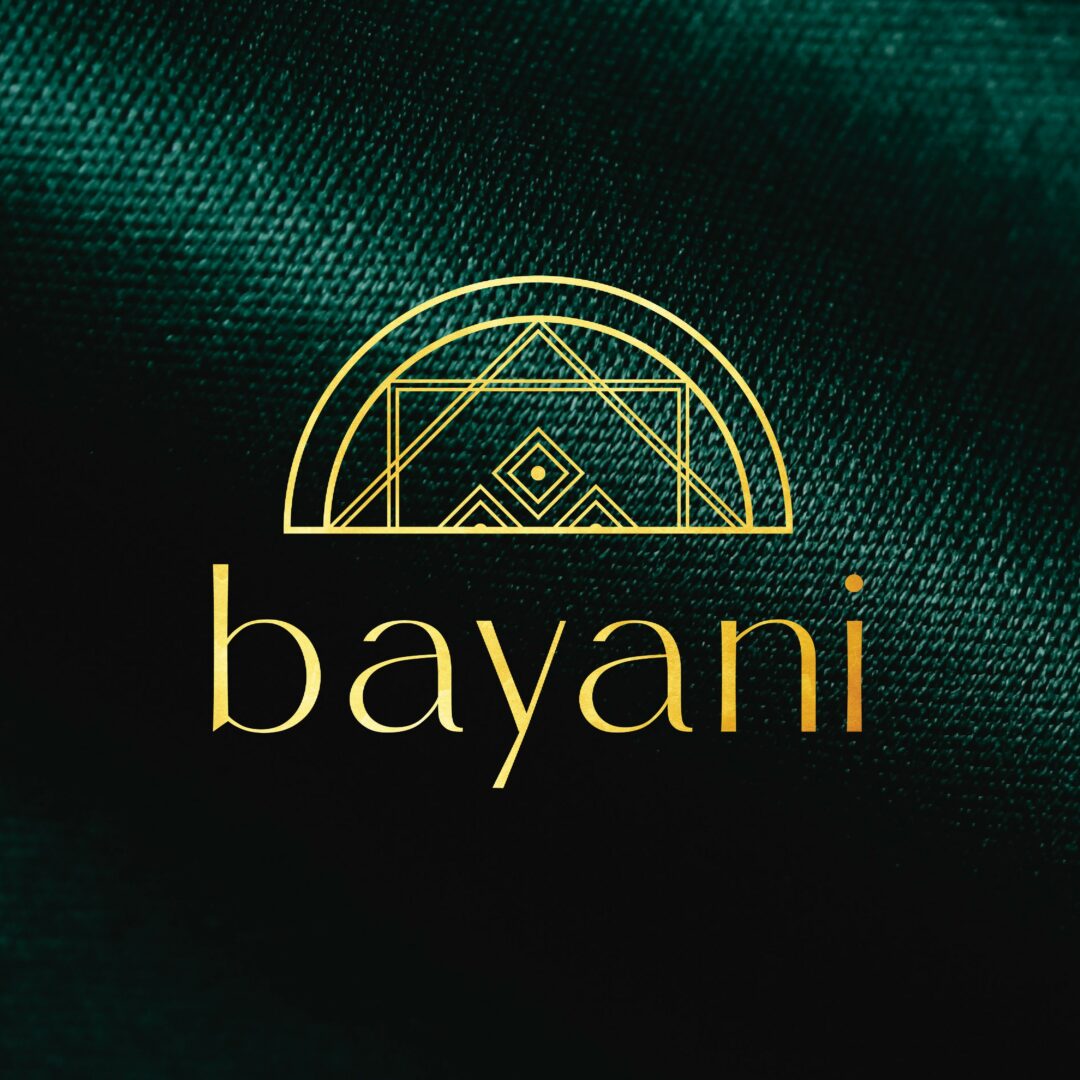
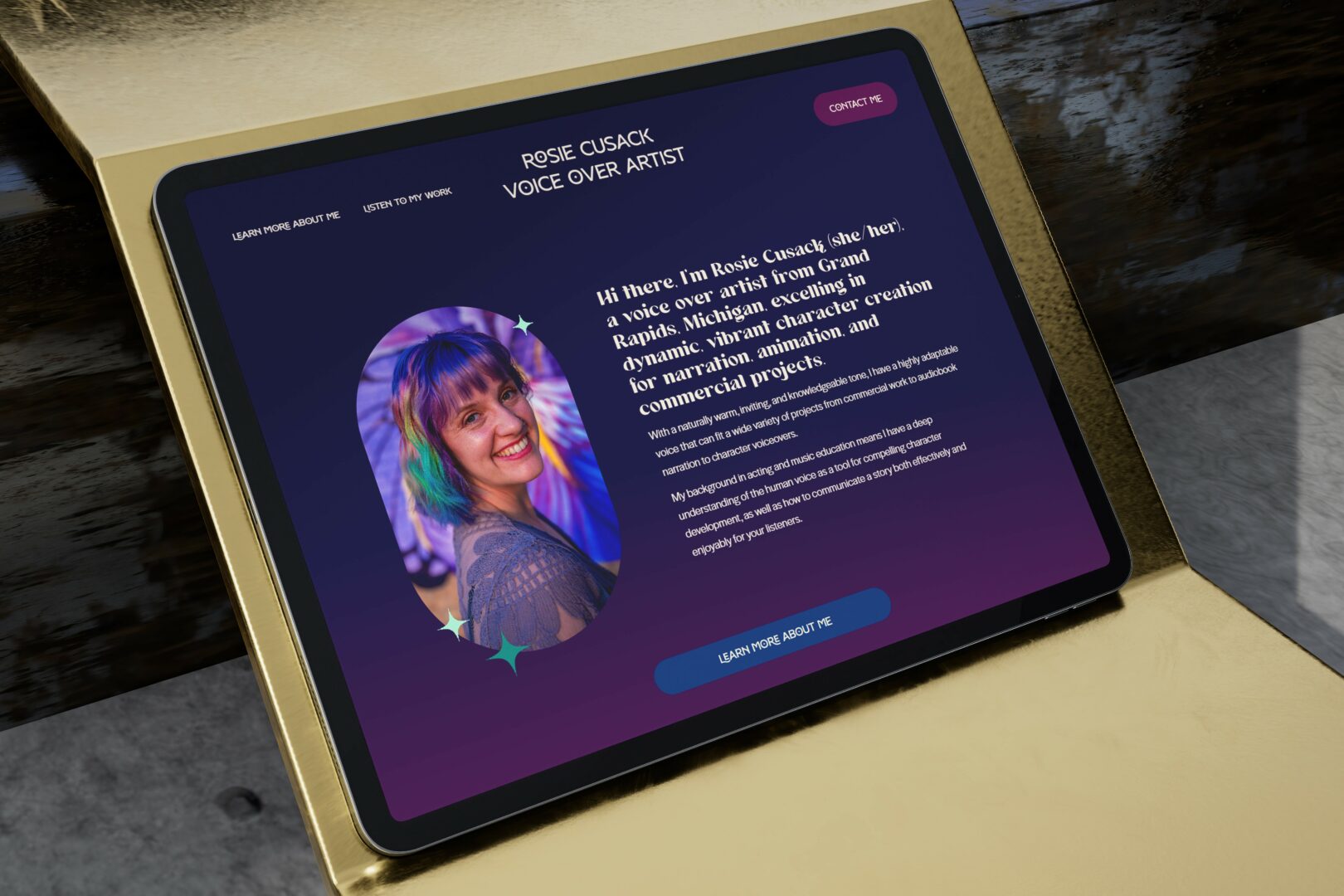
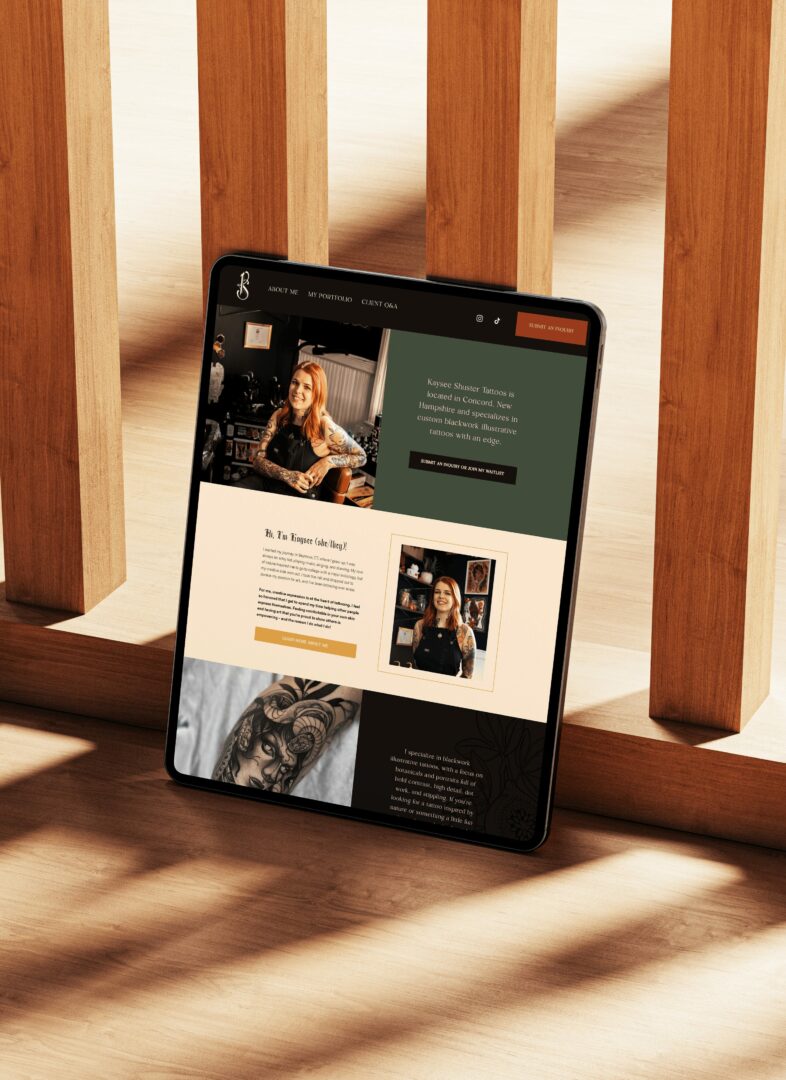
Image Credits
Eclectic Eye Photography

